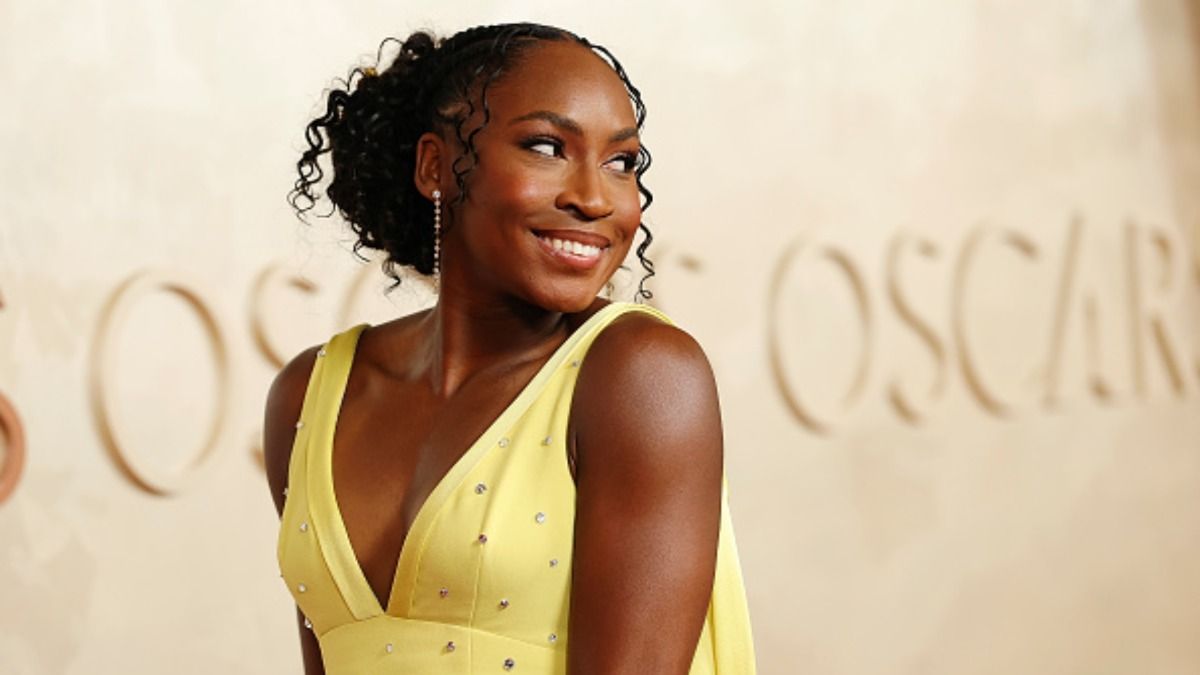Vic Seixas, charismatic American tennis star who won Wimbledon in the Coronation year – obituary

In 1951, by now the American No 1, he reached the final of the US National Championships but lost to Australia’s Frank Sedgman. The following year he bowed out in the fourth round to Rosewall, and months later lost the deciding rubber to Ken McGregor in the Davis Cup final, as Australia retained the trophy.
Undeterred, Seixas continued training, his muscular physique and powerful legs giving him the strength and stamina to scrap his way doggedly through tight matches against more talented opponents.
“He was a classic serve-volley expert: tall and very fast round the court with terrific reach,” recalled John Barrett, the doyen of British tennis, who befriended the more experienced Seixas in the 1950s. “In those days with wooden rackets we couldn’t play huge drives from the back of the court and he used a topspin forehand and a sliced backhand – safe, solid groundstrokes but not spectacular. He came into his own at the net. He was a really handsome man but incredibly unassuming and friendly; a lovely player and a lovely guy.”
1953 was Seixas’s “annus mirabilis” and he reached the final of the French Open, before losing, yet again to the 18-year-old Rosewall. At Wimbledon, however, where he was seeded second, he survived close shaves against the explosive Lew Hoad and in the semi-final against another hard-hitting Australian, Mervyn Rose.
Related
Danielle Collins prepares gift for Djokovic as she continues at…
Danielle Collins has vowed to gift Novak Djokovic some of her merchandise after the Serb offered his support to the WTA star. Collins hasn’t been afraid to sp
“Second-Guessing Herself”: Jessica Pegula Unpacks the Inspiring Comeback of Newlywed…
What a year this has been for American women’s tennis! We’ve seen plenty of title triumphs, but if asked to single out one big win among those, it’d surel
Coco Gauff rarely gets…”: American tennis legend weighs in on…
A former American tennis superstar has leaped to Coco Gauff’s defense after the 20-year-old phenom faced backlash for her recent Oscars appearance—a glamoro
Novak Djokovic over LeBron James and Cristiano Ronaldo? American tennis…
A former American tennis great has sparked a firestorm in sports debates by declaring Novak Djokovic the greatest athlete of the modern era—surpassing icons l











